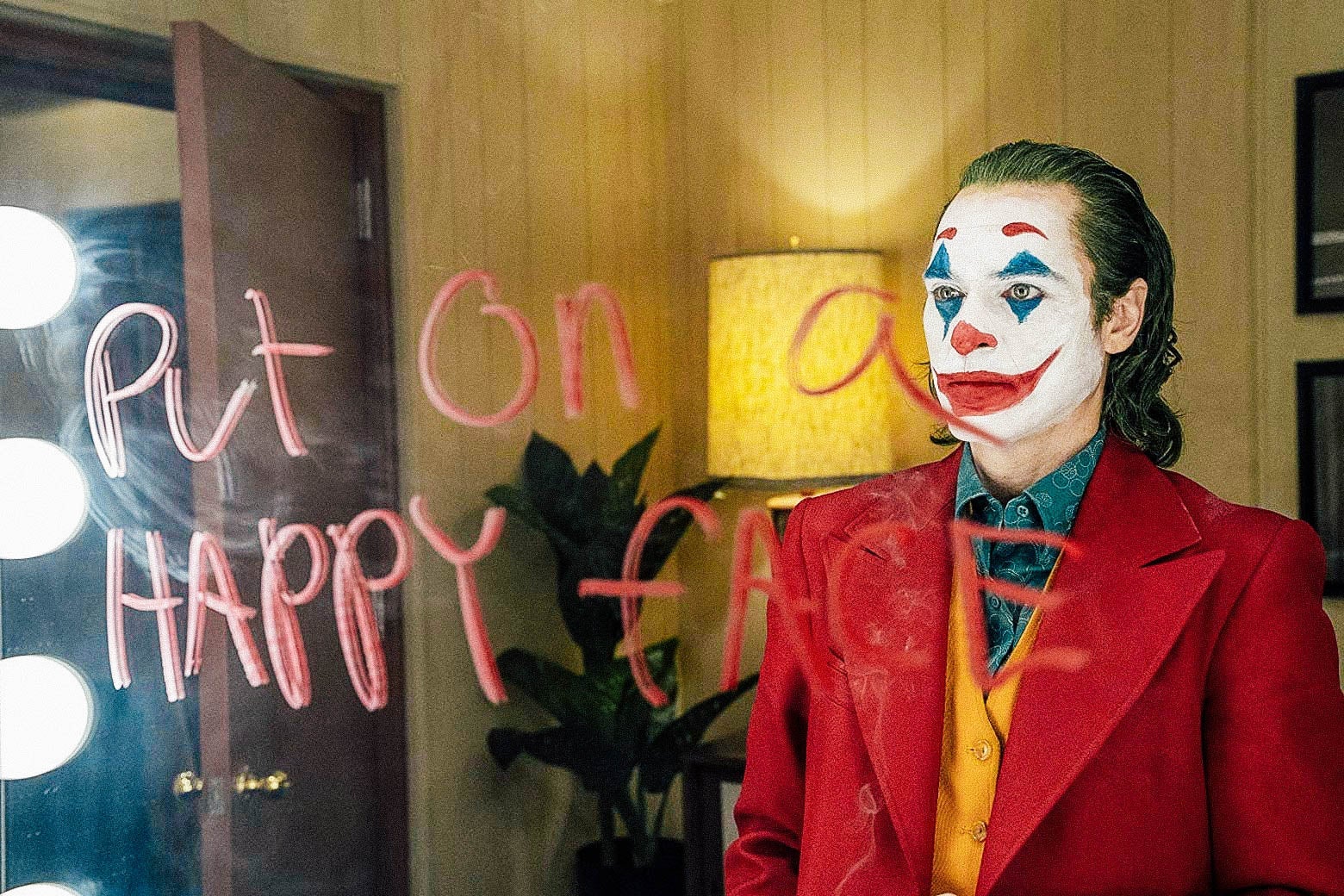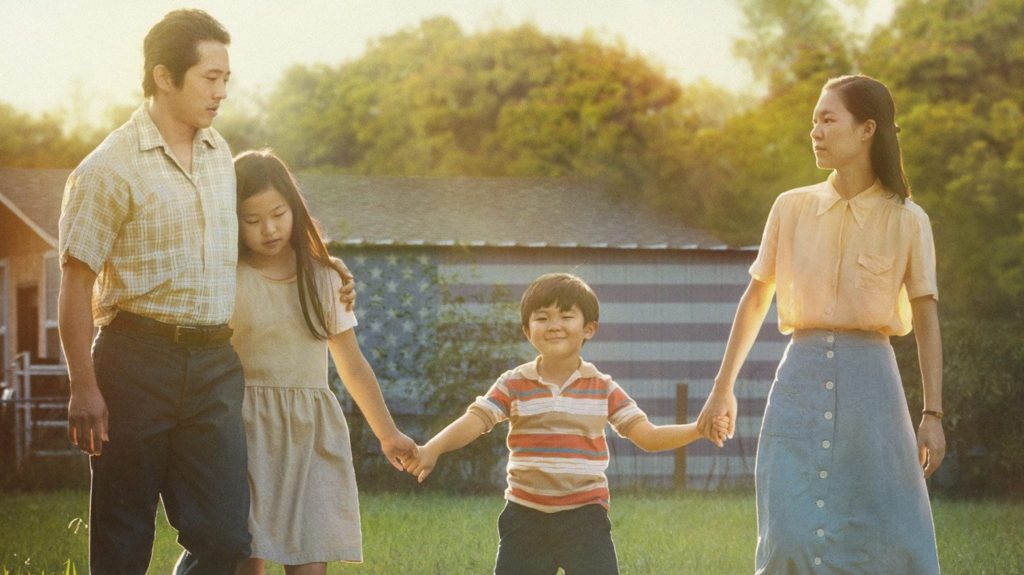DiCaprio, Leonardo, et al. "Back in Time: Making Once Upon a Time in Hollywood." American Cinematographer (July 26, 2019)
Gribben, Crawford. "Survival and Resistance in Evangelical America: Christian Reconstruction in the Pacific Northwest (Oxford University Press, 2021)." New Books in Christian Studies (March 29, 2021) ["In America's Pacific Northwest a group of conservative Protestants have been conducting a new experiment in cultural transformation. Dissatisfied with what they see as the clumsy political engagement and vapid literary and artistic culture of mainstream Evangelicals, these Christian Reconstructionists have deployed an altogether different set of strategies for the long game, fueled by their Calvinist theology and much-more-hopeful apocalypse. In Survival and Resistance in Evangelical America: Christian Reconstruction in the Pacific Northwest (Oxford UP, 2021), Crawford Gribben presents a hybrid study of historical, theological, literary, and anthropological analysis of this variant of Evangelical counter-culture. Gribben paints a rich and detailed portrait of this loosely banded, sometimes coordinated migration to the "American redoubt." This migration has led, in part, to the establishment of a network of communities and institutions that include churches, a liberal arts college, a publishing house, and an ambitious media strategy that has already had an outsize impact. From their outpost in Idaho and prompted by their revised postmillennial eschatology, these Christian conservatives are preparing to survive the collapse American society and to reconstruct a godly society that will usher in the Kingdom of Christ. For this group of born-again Protestants, their apocalyptic strategy is precisely to be left behind."]
Grier, Miles P. "Why (and How) August Wilson Marginalized White Antagonism: A Note for Hollywood Producers." Los Angeles Review of Books (April 12, 2021)
Jones, Matthew. "The Case for Animal Rights: A Defense of Tom Regan." Philosophy in Film (October 24, 2020) [On Tom Regan's 1987 book The Case for Animal Rights and Bong Joon-Ho's 2017 film Okja.]
Koresky, Michael, Nicholas Rapold and Amy Taubin. "Bong Joon-Ho's Parasite." Film Comment Podcast (October 26, 2019) ["At Film Comment, we love it when we get behind a movie and then see other movie-goers share the love. Parasite, the funny and fierce thriller from Bong Joon Ho, was on the cover of our September-October issue, but wasn’t released in theaters until mid-October. But what a release! Audiences are packing the theaters. To talk about the movie’s appeal and Bong’s masterful filmmaking, FC Editor-in-Chief Nicolas Rapold sat down with contributing editor Amy Taubin, who wrote out September-October feature on Parasite, and FC columnist and critic Michael Koresky."]
Lazic, Manuela. "Make the Case: The Restraint of Steven Yeun in Minari." The Ringer (April 12, 2021)
Lee, Edward Ashford. "The Coevolution: The Entwined Futures of Humans and Machines (MIT Press, 2020)." New Books in Science, Technology, and Society (April 2, 2021) ["Are humans defining technology, or is technology defining humans? In The Coevolution: The Entwined Futures of Humans and Machines (MIT Press, 2020), Edward Ashford Lee considers the case that we are less in control of the trajectory of technology than we think. It shapes us as much as we shape it, and it may be more defensible to think of technology as the result of a Darwinian coevolution than the result of top-down intelligent design. Richard Dawkins famously said that a chicken is an egg's way of making another egg. Is a human a computer's way of making another computer? To understand this question requires a deep dive into how evolution works, how humans are different from computers, and how the way technology develops resembles the emergence of a new life form on our planet. Lee presents the case for considering digital beings to be living, then offers counterarguments. What we humans do with our minds is more than computation, and what digital systems do--be teleported at the speed of light, backed up, and restored--may never be possible for humans. To believe that we are simply computations, he argues, is a "dataist" faith and scientifically indefensible. Digital beings depend on humans--and humans depend on digital beings. More likely than a planetary wipe-out of humanity is an ongoing, symbiotic coevolution of culture and technology."]
Merin, Jennifer, et al. "Movie of the Week: Sugar Daddy." AWFJ (March 28, 2021)
Raworth, Kate. "A Renegade Solution to Extractive Economics." Your Undivided Attention (February 11, 2021) ["When Kate Raworth began studying economics, she was disappointed that the mainstream version of the discipline didn’t fully address many of the world issues that she wanted to tackle, such as human rights and environmental destruction. She left the field, but was inspired to jump back in after the financial crisis of 2008, when she saw an opportunity to introduce some fresh perspectives. She sat down and drew a chart in the shape of a doughnut, which provided a way to think about our economic system while accounting for the impact to the world around us, as well as for humans’ baseline needs. Kate’s framing can teach us a lot about how to transform the economic model of the technology industry, and help us move from a system that values addicted, narcissistic, polarized humans to one that values healthy, loving and collaborative relationships. Her book, “Doughnut Economics: Seven Ways to Think Like a 21st Century Economist,” gives us a guide for going from a 20th-century paradigm to an evolved 21st-century one that will address our existential-scale problems."]
Rowley, Rick and A.C. Thompson. "American Insurrection: Deadly Far-Right Extremism from Charlottesville to Capitol Attack. What Next?" Democracy Now (April 14, 2021) ["A scathing new report by the Capitol Police’s internal watchdog reveals officials knew Congress was the target of the deadly January 6 insurrection, yet officers were instructed to refrain from deploying more aggressive measures that could have helped “push back the rioters.” Meanwhile, The Washington Post reports domestic terrorism incidents surged to a record high in 2020, fueled by white supremacist, anti-Muslim and anti-government extremists on the far right. The Post found that, since 2015, right-wing extremists have been involved in 267 plots or attacks, leading to 91 deaths. Reporter A.C. Thompson, who explores the threat of far-right extremism in the new PBS “Frontline” documentary “American Insurrection,” says there was a “massive pool of radicalized individuals” ahead of the January 6 attack who were being pushed toward violence by “an abundance of lies by the former president, by this entire conspiratorial right-wing media and social media ecosystem.” We also speak with director Rick Rowley, who says many white supremacist groups began to splinter during the intense backlash to the violence in Charlottesville in 2017, but Trump gave the groups new life ahead of the January 6 insurrection. “Many elements inside the white supremacist movement found in him a path into the mainstream,” says Rowley. “They took off their swastikas, and they wrapped themselves in the flag.”]

